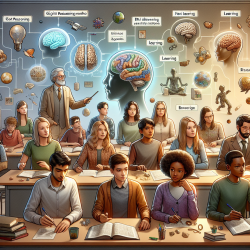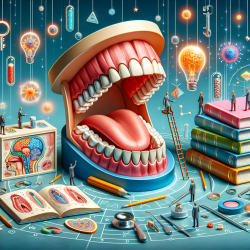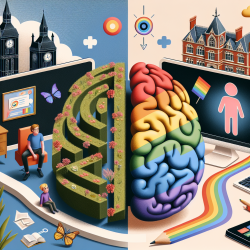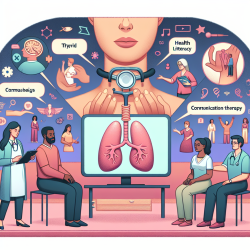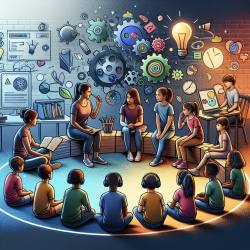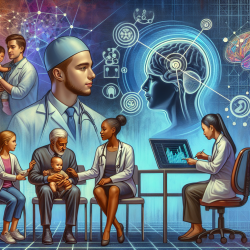In the realm of education, fostering critical thinking and reasoning skills in adolescents is paramount. A recent study titled "Effects of Higher-Order Cognitive Strategy Training on Gist-Reasoning and Fact-Learning in Adolescents" sheds light on effective methods to enhance these skills. Conducted at an inner-city public middle school with a diverse group of eighth-grade students, this research offers valuable insights for educators looking to improve student learning outcomes.
The Importance of Gist-Reasoning and Fact-Learning
The ability to abstract meaning from information—referred to as gist-reasoning—is crucial for students. It allows them to integrate new knowledge with existing world knowledge, facilitating deeper understanding and application across various contexts. Conversely, fact-learning focuses on the retention of explicit details. While both are important, this study highlights that higher-order cognitive strategies significantly bolster gist-reasoning abilities, which in turn can enhance fact-learning.
Research Findings
The study involved 54 eighth-grade students from predominantly low socioeconomic backgrounds. These students were divided into three groups: one received training in higher-order cognitive strategies (abstraction of meaning), another focused on rote memory strategies, and a control group received no specific training. The results were telling:
- Cognitive Strategy Group: Students who received instruction in cognitive strategies that emphasized abstraction of meaning showed significant improvements in both gist-reasoning and fact-learning abilities.
- Rote Memory Group: This group improved in fact-learning but did not show significant gains in gist-reasoning.
- Control Group: No significant changes were observed in either gist-reasoning or fact-learning abilities.
The findings suggest that teaching students how to abstract meaning not only enhances their ability to understand complex information but also improves their capacity to recall facts. This dual benefit underscores the potential of higher-order cognitive strategies in educational settings.
Implications for Educators
For practitioners aiming to enhance their teaching methodologies, incorporating higher-order cognitive strategy training can be transformative. By focusing on strategies that promote abstraction and synthesis of information, educators can help students develop robust reasoning skills that are essential for academic success and lifelong learning.
Moreover, the study found a positive correlation between improved gist-reasoning abilities and performance on standardized tests measuring critical thinking skills. This suggests that such training not only benefits classroom learning but also prepares students for high-stakes assessments.
Encouraging Further Research
This study opens the door for further exploration into the efficacy of cognitive strategy training across different demographics and educational settings. Educators are encouraged to delve deeper into this field to refine techniques that can be adapted to various student needs and learning environments.
To read the original research paper, please follow this link: Effects of Higher-Order Cognitive Strategy Training on Gist-Reasoning and Fact-Learning in Adolescents.
